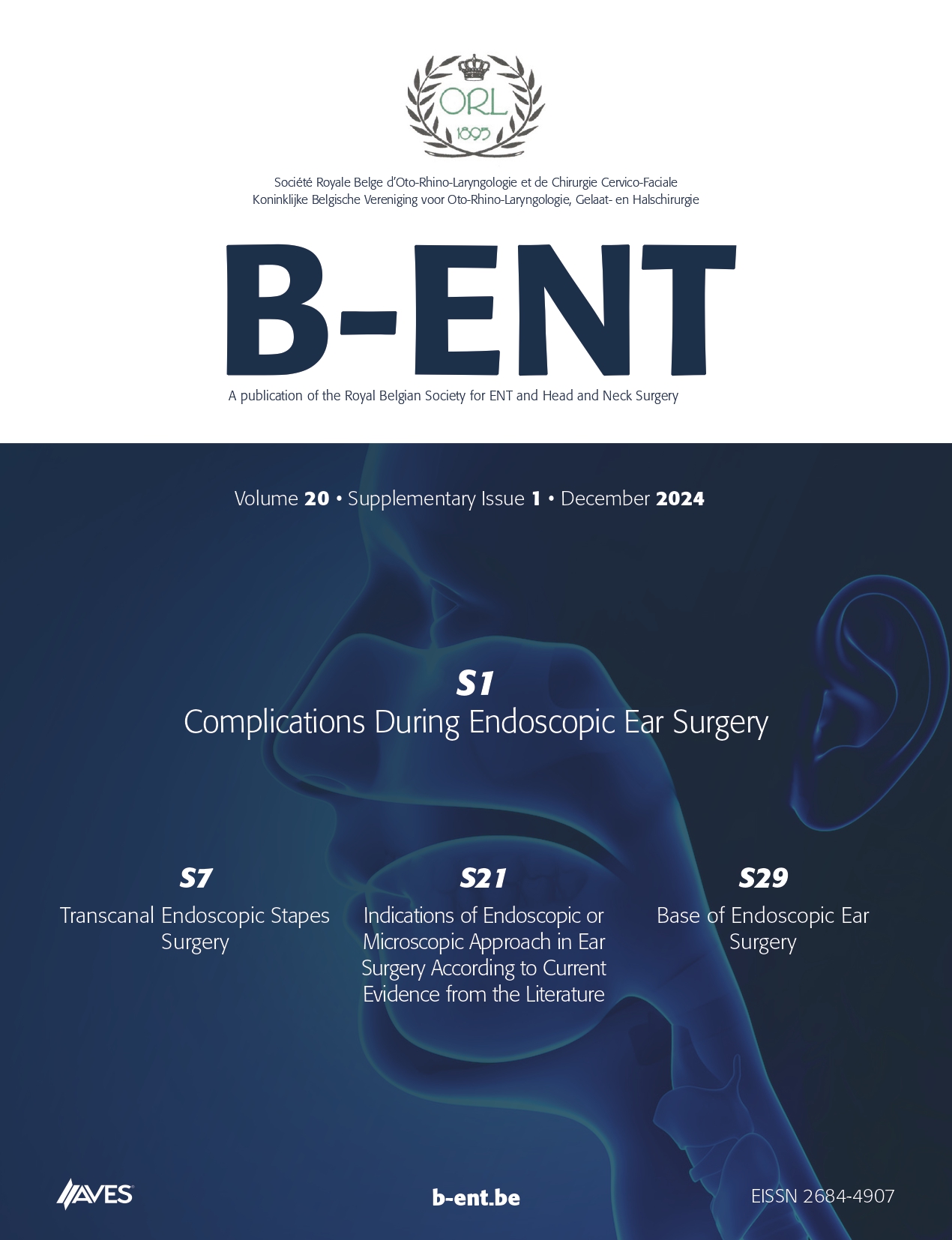Cochlear NMDA receptor blockade prevents salicylate-induced tinnitus. Large doses of aspirin produce reversible hearing loss and tinnitus. These effects have been attributed to the salicylate ion, the active component of aspirin. Salicylate acts as a competitive antagonist at the anion-binding site of prestin, the motor protein of sensory outer hair cells. This provides an explanation for the hearing loss induced by aspirin. However, the molecular mechanism of salicylate-induced tinnitus remains obscure. One physiological explanation is that salicylate ototoxicity is likely to originate in an alteration to arachidonic acid metabolism. Arachidonic acid potentiates NMDA receptor currents. We therefore tested the involvement of cochlear NMDA receptors in the occurrence of tinnitus. Tinnitus was assessed with a behavioural test based on an active avoidance paradigm. Results showed that the tinnitus induced by salicylate may be suppressed by the introduction of NMDA antagonists into the cochlear fluids. To determine if the activation of NMDA receptors was linked to cyclooxygenase inhibition, we investigated the effect of mefenamate (a potent cyclooxygenase inhibitor). Since NMDA antagonists also blocked mefenamate-induced tinnitus, we suggest that salicylate-induced tinnitus is mediated by cochlear NMDA receptors through the inhibition of cyclooxygenase activity. Target cochlear NMDA receptors may therefore present a therapeutic strategy for the treatment of tinnitus.



.png)
